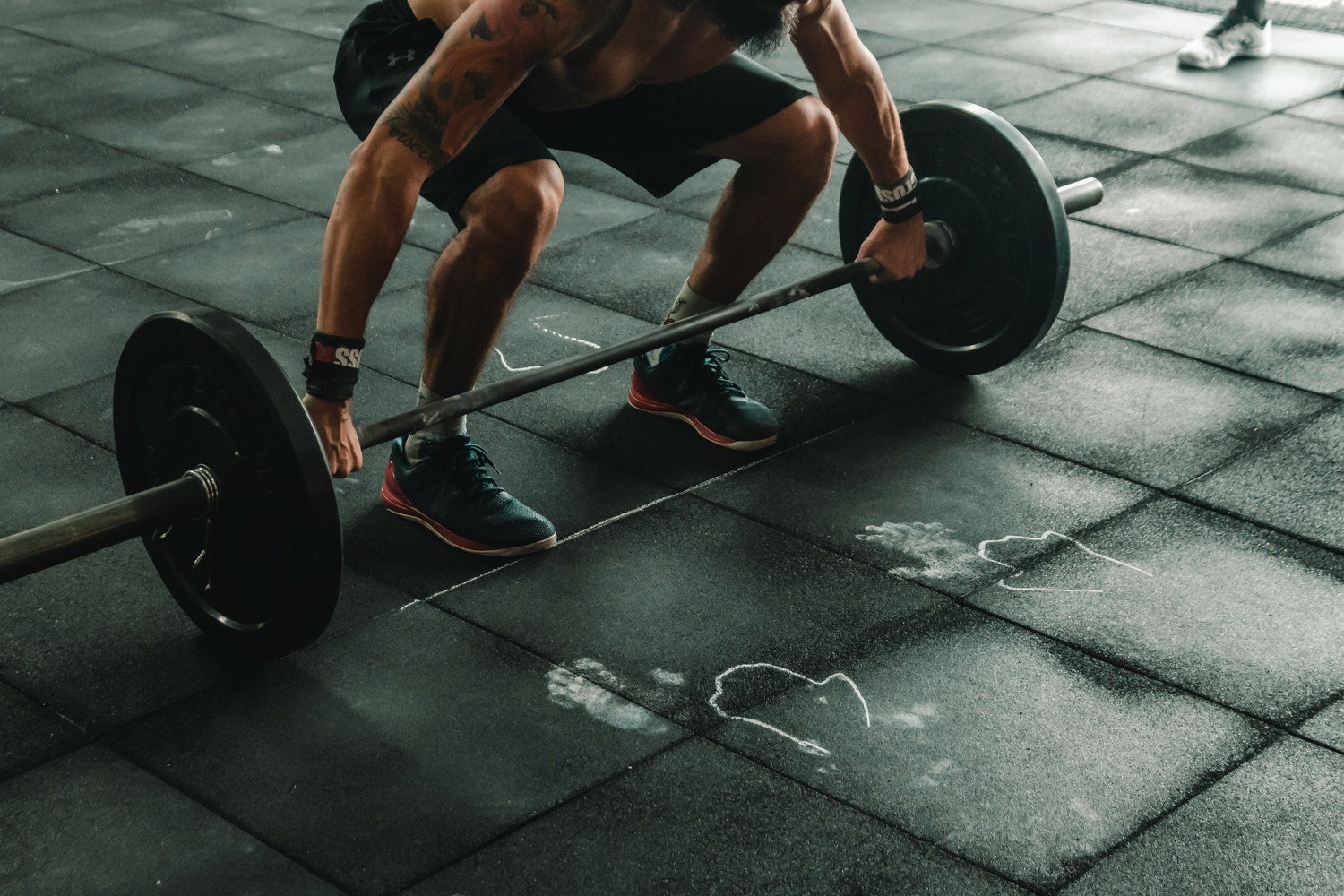Muscle cramps are sudden and uncontrollable contractions of a muscle. While most commonly occurring in the hamstrings, cramps can affect any of your muscles and have a variety of causes.
Not only are muscle cramps painful, but they can also harm your exercise and sleep. It is important for any healthy individual to understand what causes and how to prevent muscle cramps.
Causes and Symptoms of Muscle Cramps
While muscle cramps often affect the elderly, overweight, and pregnant, athletes are most commonly affected. The primary cause of muscle cramps is the overuse of muscles––often in the thighs or calves. Other causes include:
- Aging: As you age, you lose muscle mass, and greater strain is put on your remaining muscle. Older adults are more prone to muscle cramps.
- Dehydration: Losing body fluids during exercise can cause your muscles to cramp
- Low mineral levels: Low levels of calcium, potassium, sodium, and magnesium can cause muscles to cramp.
- Muscle Fatigue (tight muscles): Inactivity and not stretching can cause muscles to contract (clench) involuntarily.
- Inadequate blood supply: Narrowing of the arteries that deliver blood to your legs can produce cramps in your legs and feet while you're exercising.
-
Nerve compression: Compression of nerves in your spine also can produce calf and leg cramps.
In some cases, a medical condition may be the cause of muscle cramps:
- Pregnancy
- Hypothyroidism
- Spinal nerve compression or Spinal cord injury
- Alcoholism
- Kidney Failure
- Nerve disorders
How Do I Treat a Muscle Cramp?
Muscle cramps can cause significant pain and discomfort. While they usually go away quickly and without medical treatment, prolonged cramps can happen. Here are some remedies to try out if you are experiencing a muscle cramp:
- Apply a hot or cold compress to the cramp, such as an ice pack or a heating pad
- Stretch the cramping muscle
- Gently massage the affected muscle
- Take a warm shower or bath to ease the tightness, and reduce exposure to cold water
- Take medication like ibuprofen, acetaminophen, Motrin, Advil, or naproxen
How Do I Prevent a Muscle Cramp?
Muscle cramps occur suddenly and are uncontrollable. Therefore, the best treatment is prevention. If you are prone to muscle cramps, here is how you can prevent them:
Drink Plenty of Water
Dehydration is a common cause of muscle cramps, so it is crucial to replenish your fluids. As a general guide, the American College of Sports Medicine recommends 16–20 ounces of water at least four hours before exercise and 8–12 ounces of water 10–15 minutes before exercise.
Everyone has different and varying hydration levels. You can determine your hydration levels by evaluating your urine. Lemonade-colored urine is healthy, while anything darker is a sign of dehydration.
Stretch Your Muscles
Before and after workouts, make sure to stretch. This will keep your muscle fibers loose and less prone to over-tightening. If a cramp takes hold, stretch your muscle in the opposite direction of the tightening.
Massage can also be used as a preventative measure. If you have a foam roller, you can apply firm pressure onto the affected area.
It is also important to warm up your muscles before jumping into exercise. Before beginning a run or using the Ski-Row Air or Ski-Row Air + PWR machines, try walking for a few minutes. These dynamic stretches will both stretch and warm up your muscles:
- Lunges
- Side Shuffles
- Jumping Jacks
- High Knees
- Arm Circles
Address Your Deficiencies
Low levels of magnesium, calcium, potassium, and sodium can cause cramps. Here is how you can boost those minerals in your diet:
- Potassium can be found in bananas, prunes, carrots, and potatoes.
- Beans, dried fruit, nuts, and seeds have high levels of magnesium.
- Sodium can be replenished after workouts with electrolyte-rich sports drinks.
- Calcium can be found in dairy, sardines, almonds, and lentils.
- Vitamin supplements can address any vitamin deficiencies you might have. Blood work may be necessary, so always consult your doctor before taking a vitamin supplement.
Stay Active
While overuse is the most common cause of muscle cramps, underuse can also be a factor. As your muscles weaken, their tolerance to stress becomes lower, and cramps can occur. To keep your muscles working and free of cramps, go on regular walks or hikes. For higher-intensity workouts, consider the Ski-Row Air or the Ski-Row Air + PWR machines from EnergyFit.
When To See a Doctor
In most cases, muscle cramps are harmless and do not warrant medical attention. However, severe cases may require professional treatment. Here are some signs that you may need to call your doctor:
- The intensity of the cramps is unbearable
- They do not improve with stretching or massage
- You suspect it may be unrelated to exercise
While overuse is the main cause of muscle cramps, they can also be linked to vitamin deficiencies, pregnancy, thyroid issues, and other disorders. It is important to consult your doctor in these cases to get on the medications and vitamin supplements that are right for you.
The Takeaway
Muscle cramps have a variety of causes, most of which are linked to exercise. If you exercise frequently, it is important to stretch before and after workouts. Warming up your muscles before working out can also be a preventative measure.
If you are experiencing muscle cramps, stretching and massage can alleviate your pain. Addressing deficiencies in your diets such as potassium, calcium, magnesium, and sodium can also help. Consult your doctor if your muscle cramps are frequent or prolonged.
Last but not least, keep your body hydrated. A lack of hydration can cause many health deficiencies, and muscle cramps are one of them. So drink plenty of water and keep your body moving to prevent cramps from coming your way.
Sources:
Exercise and fluid replacement | NCBI





Leave a comment
All comments are moderated before being published.
This site is protected by hCaptcha and the hCaptcha Privacy Policy and Terms of Service apply.